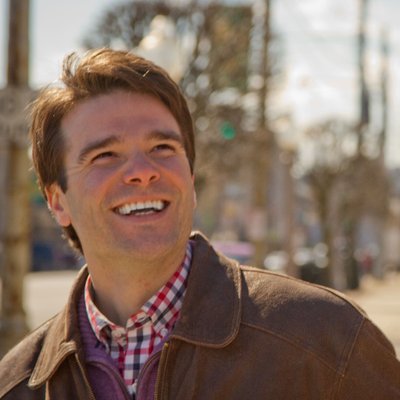Becoming a General Surgeon with Dr. Draper
Becoming a general surgeon is something that requires a huge time commitment and hard work. Here, we get an inside look into everything related to the medical field and the training it takes to be a part of it.
After a sit-down interview with Dr. Randall Draper, my father, it is easy to gain a lot of insight into what his life is like as a general surgeon at University of Pittsburgh Medical Center Passavant- North Hills. With each question asked, he provided a very interesting response that allows the reader to feel as if they were there for some of his experiences.
First, to set up his story, I questioned him regarding where he attended college and medical school. I attended Gannon University for my undergraduate and then attended Thomas Jefferson University in Philadelphia, Dr. Draper said. When he was asked to look back on his time at medical school and think of his favorite moment or experience, he had a pretty quick response. “Graduating. It was a very long four years of studying, in the end it was relief more than anything, but it was definitely my favorite moment looking back on my med school years.” Again, asking him to reflect upon his time spent during his schooling, I asked him if there was someone or a group of individuals he had spent a lot of time with and if he would be interested in meeting up with them. I lived with my roommate, Steve, for all four years of medical school. I have visited him in Vermont once and he has visited here since graduating together. We also keep in touch during the holidays, Dr. Draper stated.
Dr. Draper was able to recall a lot of details from his schooling. When he was asked what his busiest days were like, he replied “long” and “tiring”. Some details he provided were that his busiest days were when he would be on call as a resident and begin rounding at 6 AM. Following that, Dr. Draper then proceeded to the operating room, where he would spend the rest of his work day. As he was on call these days, he was required to stay overnight at the hospital, in case he was to get a call about a patient in need of urgent care. Dr. Draper stressed the fact that this was essentially a 36-hour work shift, something that does not happen today due to new laws that have changed since his schooling in the 1980s and 1990s.
Finally, regarding his schooling and residency, I questioned Dr. Draper on how he balanced his studying with his social life. We would study together as a group effort quite often, but when it came closer to tests, we studied alone. It was very easy to balance my social life and my grades as all my friends had the same schedule as me, so we could study together then go out do something fun to pass time, Dr. Draper said.
Moving to his present-day experiences, I asked Dr. Draper what he felt was his proudest moment. “I was voted teacher of the year by the residents a few years back. That was definitely something special to me.” He stated that it was a very big deal around his hospital and he has a small plaque hanging in his office from it.
Dr. Draper has treated lots of patients through his years in the medical field, and I asked him if he could recall upon one specific patient that left an impact on. There are so many. But what always sticks out to me is when I am out in public and someone approaches me saying something along the lines of, “Dr. Draper! How are you? I just wanted to say hello and thank you for saving my life, without your care I wouldn’t be here.” Dr. Draper said. Through the treatment of thousands of patients throughout his career, Dr. Draper has obviously developed opinions on how the medical field could be improved. Doctors are not the ones to make most decisions because insurance spreads patient care across multiple health networks and different doctors. All clinical decisions should be made by the doctors involved, not the insurance companies. I feel it is smart for patients to stick to one health care system in one area, said Dr. Draper.
All in all, Dr. Draper is a very well-rounded individual who has worked diligently to get where he is today. Being able to take time and sit down with him and discuss his views on his career was very eye-opening, and I am very fortunate to have done so.








